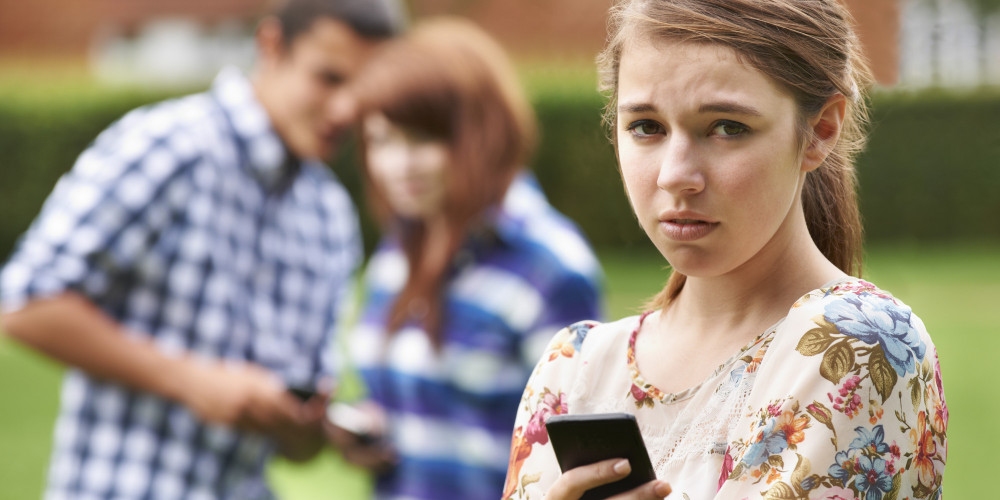Online Hate Crime: Cyber Safe Advice
Hate crime covers offences and sentences that are aggravated by reason of the victim's race, religion, disability, sexual orientation or transgender identity.
What is cyber bullying, and where can you go for support and expert advice if you, or someone you know is being bullied online?

Cyber bullying is any form of bullying which takes place online. This can be on any smart device, games console or social media app.
56% of young people have seen others be bullied online; while 42% say they don’t feel safe when online.
You can download this poster here.
Harassment
Sending offensive, rude or insulting messages and being abusive.
Nasty or humiliating comments on posts, photos and in chat rooms.
Being explicitly offensive on gaming sites.
Denigration
When someone sends fake information about another person.
Sharing photos of someone ridicule them, spread fake rumours and gossip about them.
People alter photos of others and post them online as a form of bullying.
Flaming
When someone purposely uses extreme and offensive language; getting into online arguments and fights.
They do this to cause reactions and enjoy the fact it causes someone to get distressed.
Impersonation
Bullying can extend to hacking into someone’s social media account or emails, and using the person's online identity to send or post vicious or embarrassing material to others.
Creating fake profiles on social media are common place and, in some cases, can be difficult to be deleted quickly.
Outing and Trickery
Sharing personal information about someone or tricking them into revealing secrets and forwarding it to others. They may also do this with private images and videos.
Cyber Stalking
Repeatedly sending messages, including threats of harm, harassment, intimidation, or engaging in other online activities that make a person afraid for his or her safety.
Theses actions may be illegal, depending on their nature.
Exclusion
Leaving someone out of a group such as group chats. This is also a form of social bullying and a very common.
Some may set up chats & pages to spread rumours and post nasty comments about an individual - then invite them to see all the messages others have shared about them.
If you are a parent, and would like further advice on e-safety, Internet Matters has a variety of leaflets and advice which are all tailored for the age of your children.
The mother of Felix Alexander, who took his own life as a result of cyber bullying, offers her advice to parents and young people on what to do if anything happens online: